They were the Super Walmarts of their day, the country general merchandise store where you could buy almost everything you needed, from tools to food, to pots, pans, toys and clothing.
About the time that oil was first discovered in Louisiana near the town of Jennings, W.H. Tupper was opening a general merchandise store on his rice farm about 15 miles north of town.
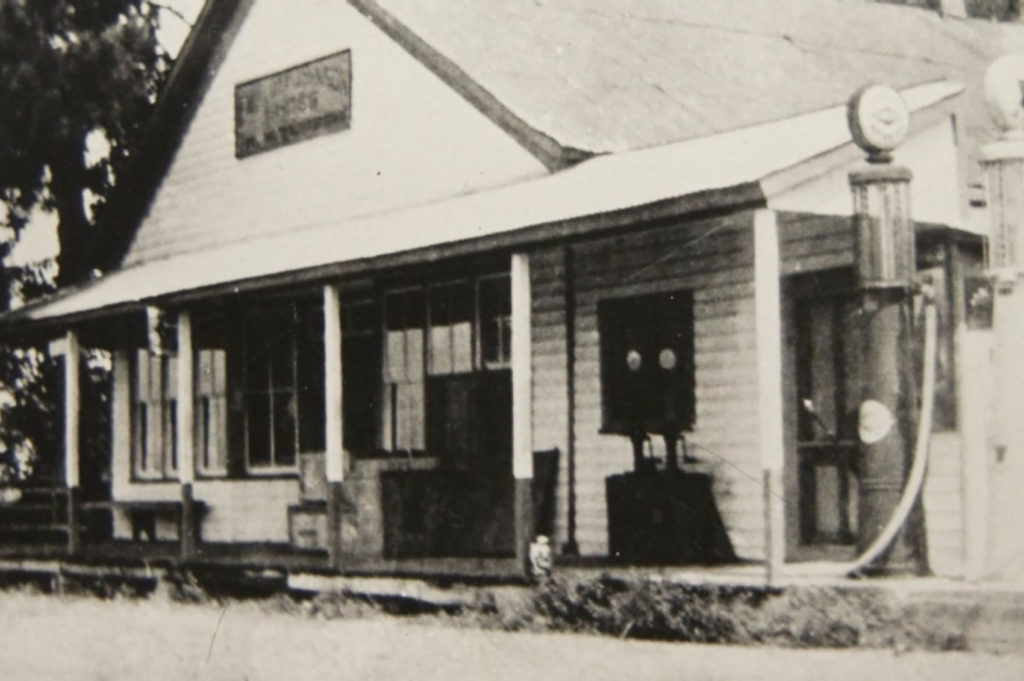
“You were a day’s buggy ride into Jennings. It was an all-day trip to come to town and get goods”, explained Joe Tupper, Jr., grandson of the store’s original owner. “There’s clothes, there’s novelties, there’s all kinds of medicines. It just kind of grew out of necessity.” The store closed in 1949 when W. T. Tupper died and his heirs decided to sell the property and all of the merchandise. But Joe Tupper Jr. said that “family chaos” stalled that process, “some type of disagreement, rather than selling everything at auction, they shut the auction down, told everybody to go home, locked the door on the store and it remained there for about 40 years until I came into possession of it”.
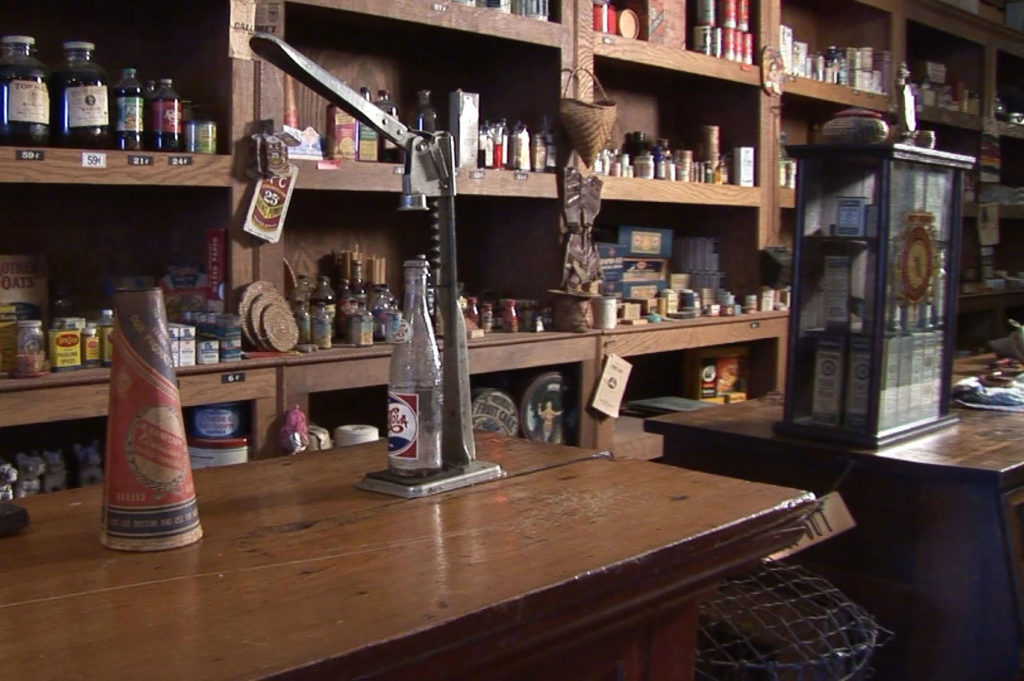
Joe Tupper inherited the 1940’s contents of a country store. There were tractor parts and hardware, housewares and clothing, and even tins of fruit cake that were never sold. Tupper said nothing inside the store had been touched, “It was just overwhelming the amount of stuff that was here. Unbelievable that there’s that much stuff from that period all in one place”. The store had to be torn down. But Joe Tupper, Jr., donated all of the goods to the city of Jennings, which bought an old West Brothers store on main street, and filled it with merchandise from the tupper store. It’s like stepping back in time when you walk through the front door.
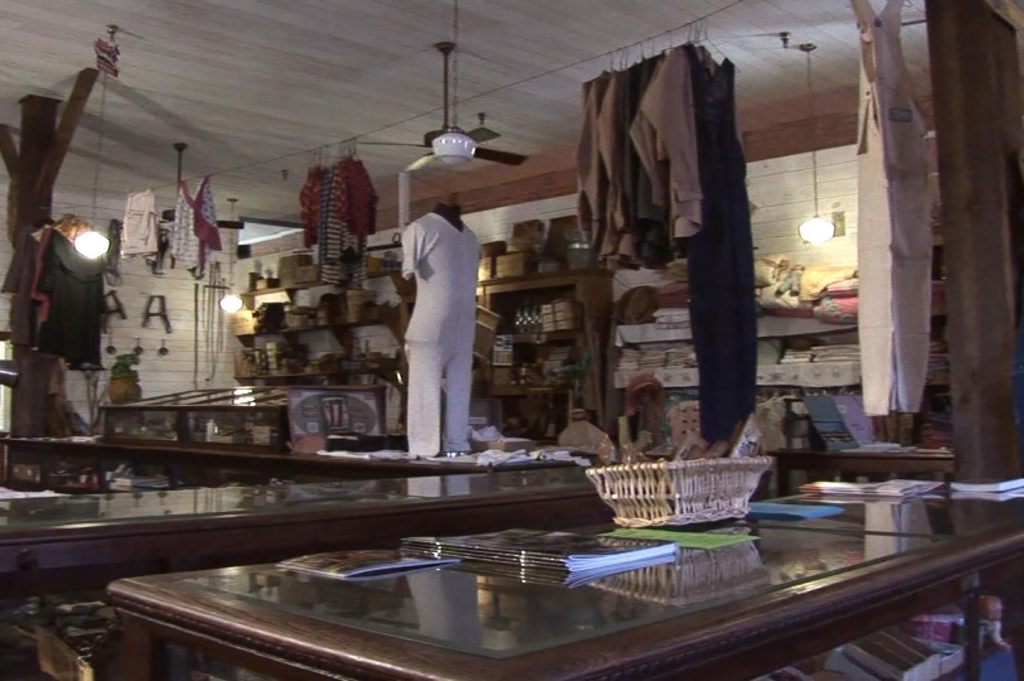
You can see unique items of clothing that give you a sense of what shopping was like during the Great Depression. Museum guide Jackie Millican described how sacks of animal feed were turned into dresses. “The companies started having decorative material and everybody, they said they would come to the store and pick out the material that they wanted for their next dress. Whenever their dad or mom would come to pick out the contents, they would pick out the material”, Millican said.
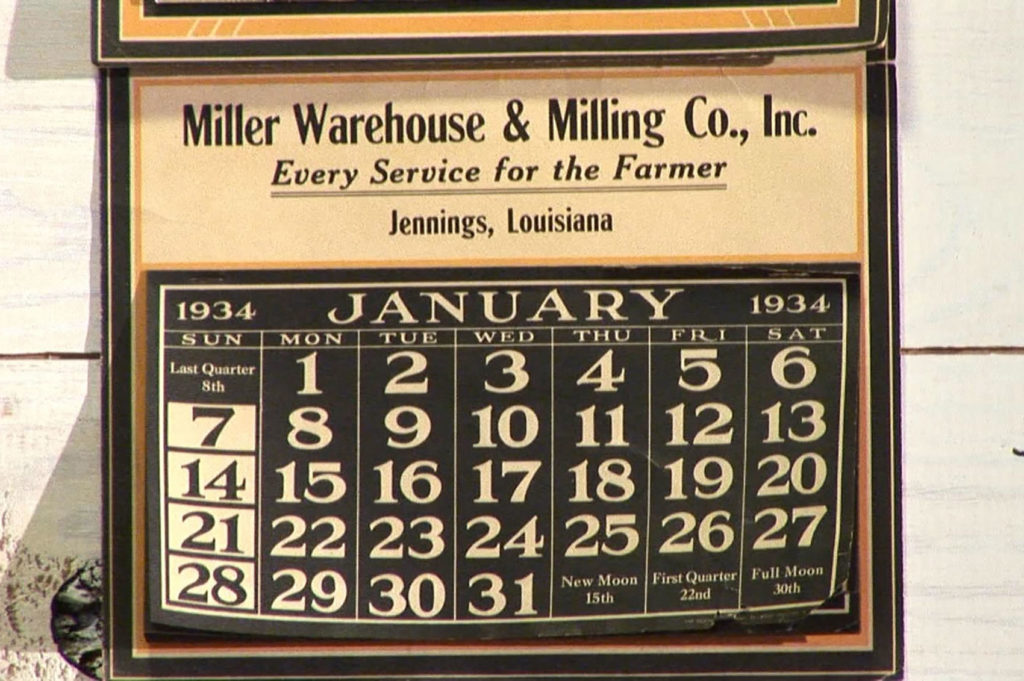
Also on display are coins made out of brass and wood, and coupons that could be worth a nickel or 5 dollars. This home-made currency was used to pay local workers. According to Tupper, “He could pay his employees and they could spend them in the store and at the end of the time, if they didn’t want to spend it they could cash ‘em in for cash”.
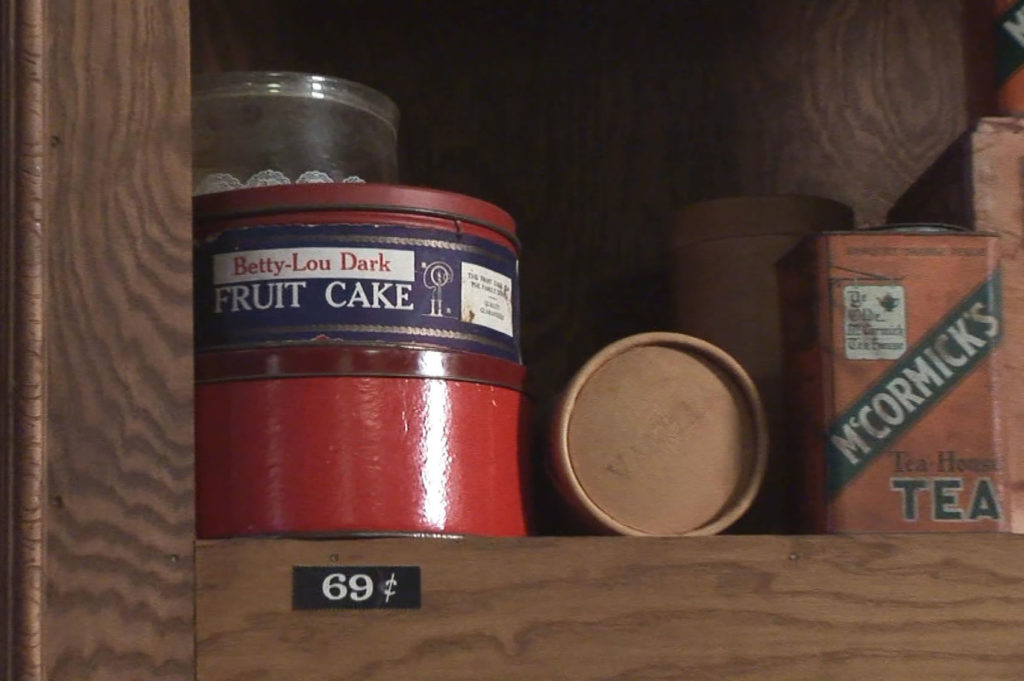
There are children’s toys, glass bottles of motor oil, and the local post office from a time when you could mail letters for as little as one cent. The most valuable items today are the hand-woven Indian baskets, more than a hundred of them, that were usually traded for goods.
It’s pure chance that all this wasn’t sold at auction 60 years ago, and that gives you a chance to step into an era when the only store in town had all the necessities of a much simpler time.
311 N Main St, Jennings, LA 70546

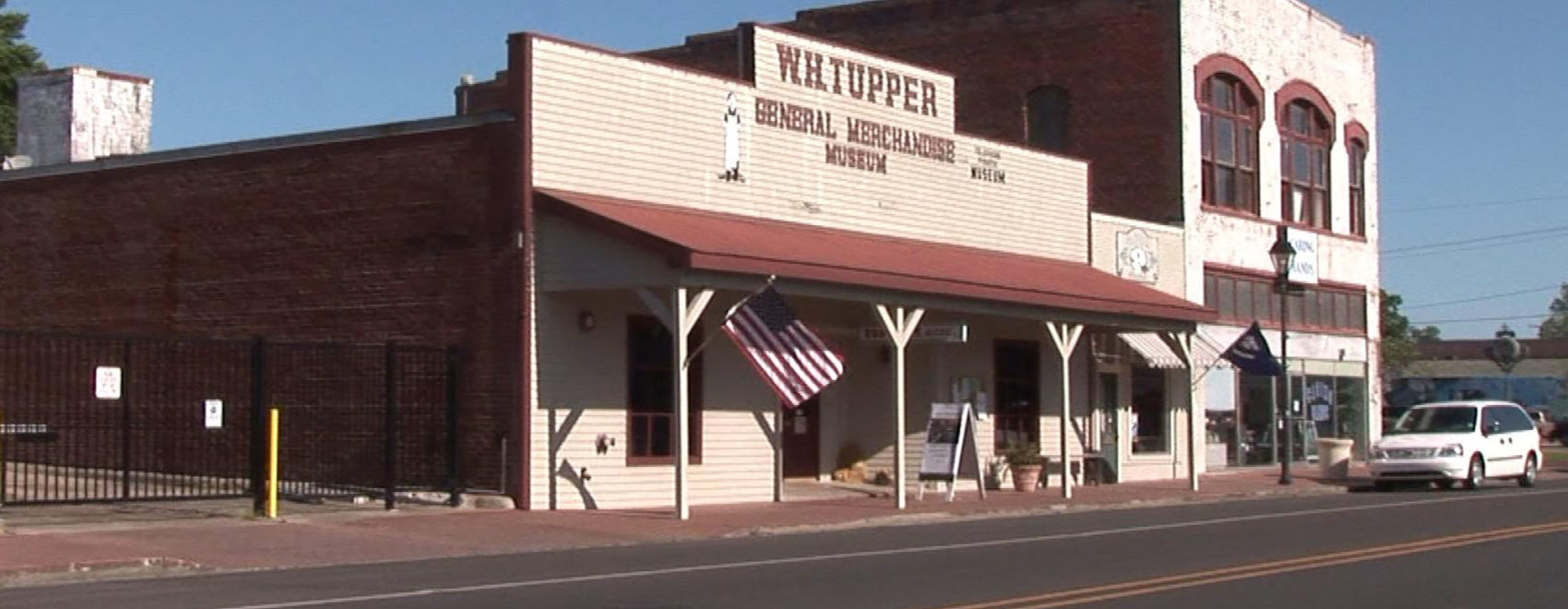
Leave a Reply